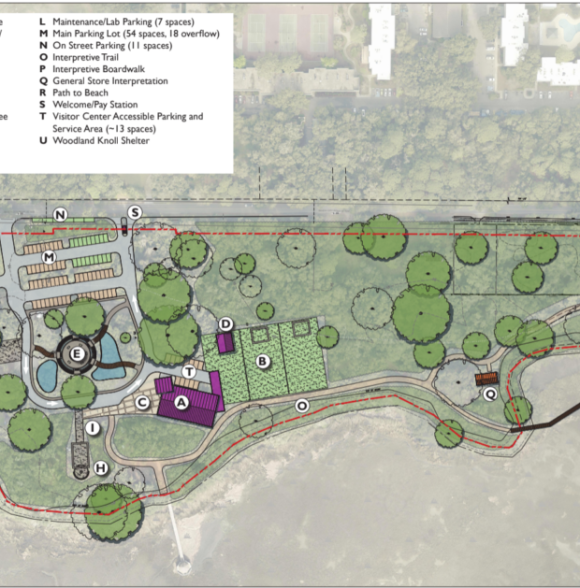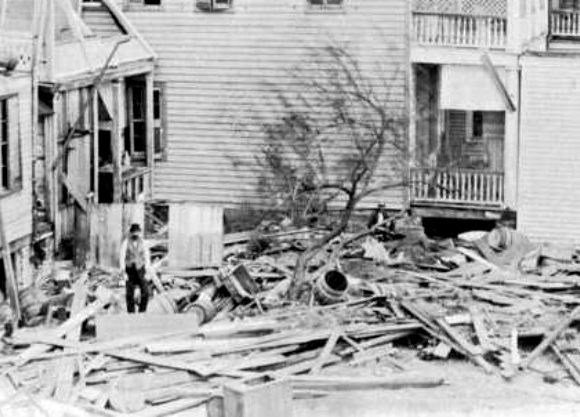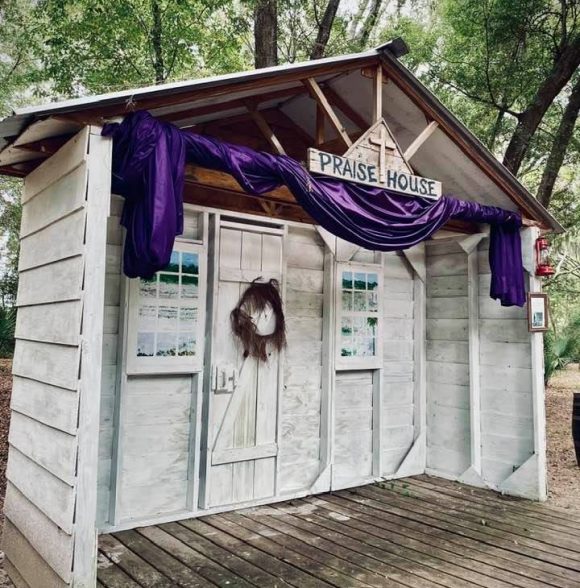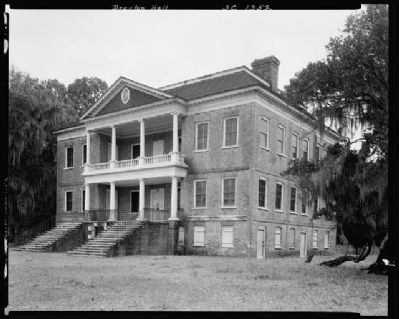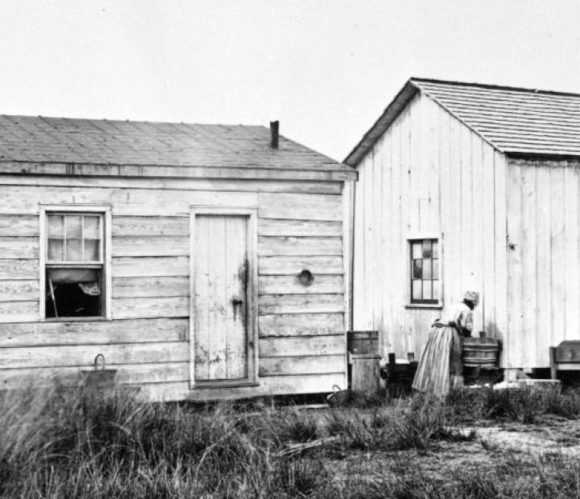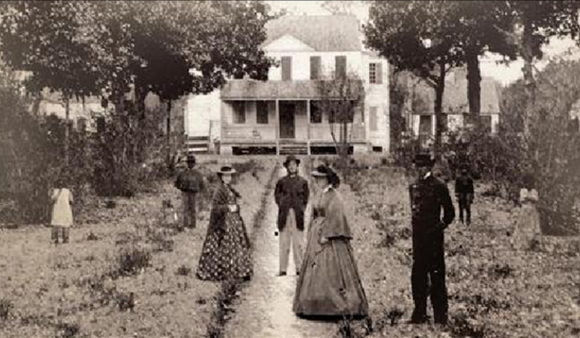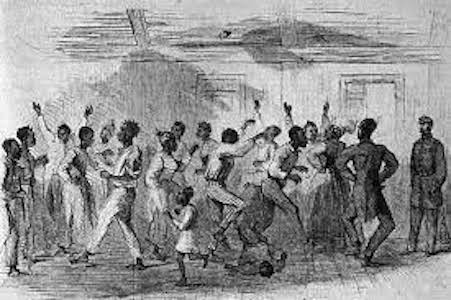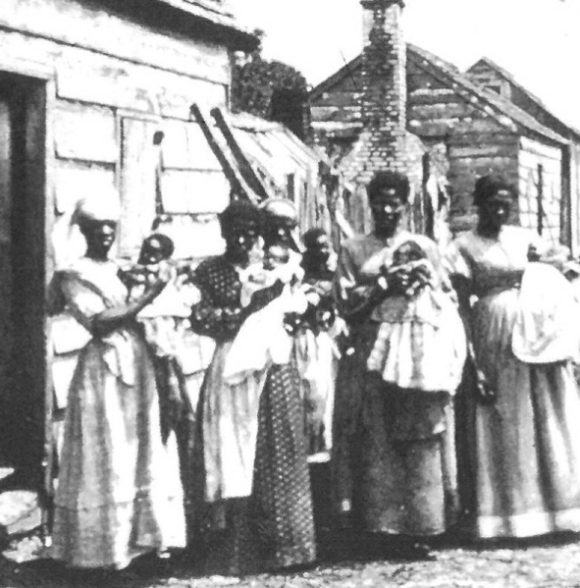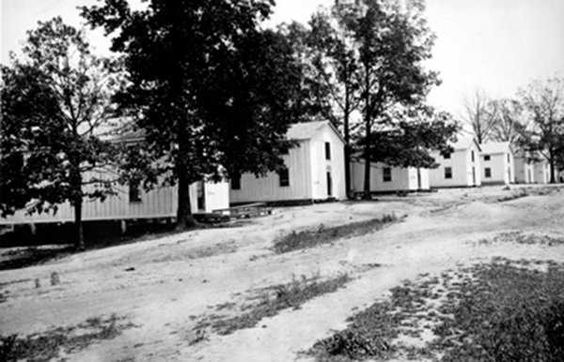Mitchelville Timeline
admin
Mitchelville Today
Much of the land for Mitchelville was purchased by March Gardner and managed by his son, Gabriel. Due to lawsuits
admin
Our Future
With no other site serving as such a template or illuminating the authentic story of the place where freedom began
admin
The Last Straw: the Devastating Hurricane of 1893
On the night of August 27, 1893, a major hurricane, the largest and most powerful to hit South Carolina until
admin
Mitchelville Today
Much of the land for Mitchelville was purchased by March Gardner and managed by his son, Gabriel. Due to lawsuits
admin
Land Disputes: Drayton Returns to Reclaim Mitchelville
The Drayton Plantation (on which Mitchelville was located) was returned to the heirs of its former owner in April 1875,
admin
Mitchelville Starts to Decline
With the end of the Civil War, the Union Army began to leave the island, which led to scores of
admin
Land Disputes: Hilton Head Island/Mitchelville is Spared
Following Lincoln’s assassination, President Andrew Johnson repealed a special order which distributed abandoned land to the formerly enslaved. This caused
admin
Free at Last: The Civil War Ends
On April 9, 1865, the Civil War ended with the surrender of the Confederate army at Appomattox Courthouse, Virginia and
admin
Mitchelville in its Full Glory
As the first self-governed town for the formerly enslaved, Mitchelville, named posthumously after its founder, General Ormsby Mitchel, was a
admin
A Better Day Dawns: Mitchelville is Founded
Union Army Major General Ormsby Mitchel arrived in HHI to replace General Hunter (who went on leave) and assumed command.

